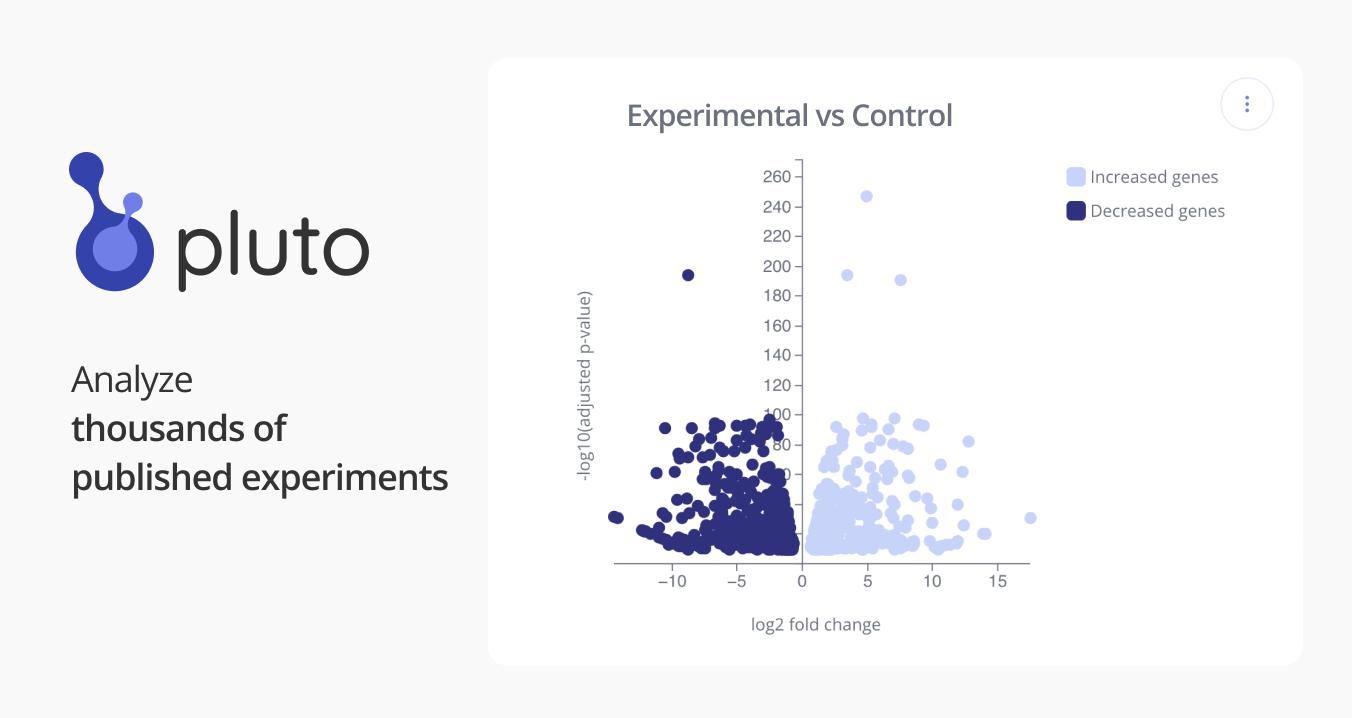Pluto Bioinformatics
GSE62771: Checkpoint Blockade Cancer Immunotherapy Targets Tumor-Specific Mutant Antigens
Bulk RNA sequencing
Cytotoxic T-lymphocyte associated antigen-4 (CTLA-4) and Programmed death-1 (PD-1) are immunoregulatory receptors expressed on T cells that play important roles in suppressing immune responses to cancer. Although monoclonal antibodies that target CTLA-4 or PD-1 stimulate therapeutic anti-tumour T cell responses, the tumour antigens recognized by checkpoint blockade immunotherapy remain undefined. Herein, we use genomics and bioinformatics approaches to identify tumour-specific mutant proteins as a major class of T cell rejection antigens following PD-1 and/or CTLA-4 treatment of mice bearing progressively growing sarcomas. We validate this conclusion by showing that (a) the predicted mutant epitopes associate with MHC class I molecules of the tumour; (b) T cells specific for these mutant epitopes infiltrate tumours; and (c) therapeutic vaccines incorporating these mutant epitopes induce tumour rejection comparably to checkpoint blockade immunotherapy. Whereas, T cells with the same antigen specificity are present in progressively growing tumours in control mice, tumour-specific T cells in PD-1- and/or CTLA-4-treated mice express some overlapping but mostly treatment-specific transcriptional profiles that render them capable of tumour rejection. Thus, tumour-specific mutant antigens are not only important targets of checkpoint blockade therapy but also can be used to identify tumour antigen-specific T cells that function as biomarkers of successful anti-tumour responses. SOURCE: Maxim,N.,Artyomov (martyomov@pathology.wustl.edu) - Washington University in St.Louis
